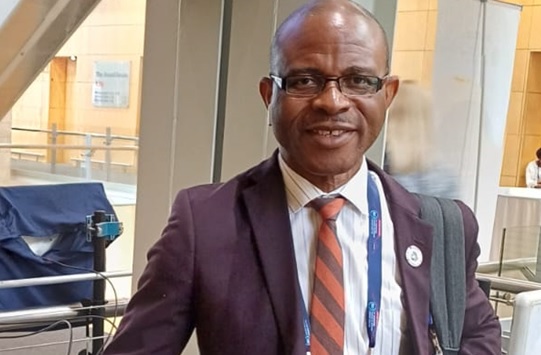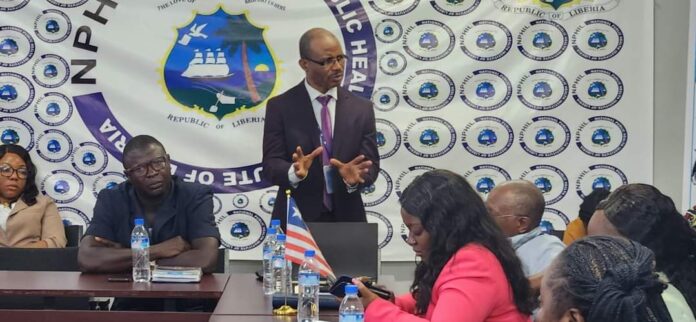Dr. Dougbeh Chris Nyan, the Director-General of the National Public Health Institute of Liberia (NPHIL), recently represented Liberia at the Africa-CDC/ISID Infectious Disease Global Surveillance Summit in Cape Town, South Africa. During the summit, Dr. Nyan provided vital updates on initiatives aimed at strengthening Liberia’s public health infrastructure and its efforts in the global fight against infectious diseases.
In his presentation, Dr. Nyan revealed that NPHIL is in the process of acquiring and designing molecular tools to utilize mRNA technology, a groundbreaking advancement in vaccine research. This will play a significant role in Liberia’s vaccine development, particularly for diseases such as Ebola, Lassa fever, and the Monkeypox virus (Mpox). He emphasized that the NPHIL’s vaccine studies will be collaborative and long-term, requiring government investment to ensure their success.
Highlighting the critical role of infection control, Dr. Nyan underscored the importance of preventing the spread of infections within hospital settings. He called for a concerted effort to build resilient healthcare systems across Africa by focusing on realistic, implementable, and sustainable policies that can withstand future health crises.
Furthermore, Dr. Nyan emphasized the need for robust, evidence-based research and development in responding to ongoing outbreaks, particularly the Mpox outbreak. He stressed that science must guide effective decision-making and intervention strategies to protect public health.
Dr. Nyan’s participation in the summit marked a significant step forward in Liberia’s efforts to address infectious diseases and enhance public health resilience in the region. Through initiatives like the integration of mRNA technology and strengthened infection control measures, Liberia is positioning itself as a key player in the global health landscape.
With the ongoing challenges posed by diseases like Ebola, Lassa fever, and Mpox, Dr. Nyan’s message was clear: collaboration, investment, and scientific innovation are crucial to combating infectious diseases and building stronger healthcare systems across Africa.







